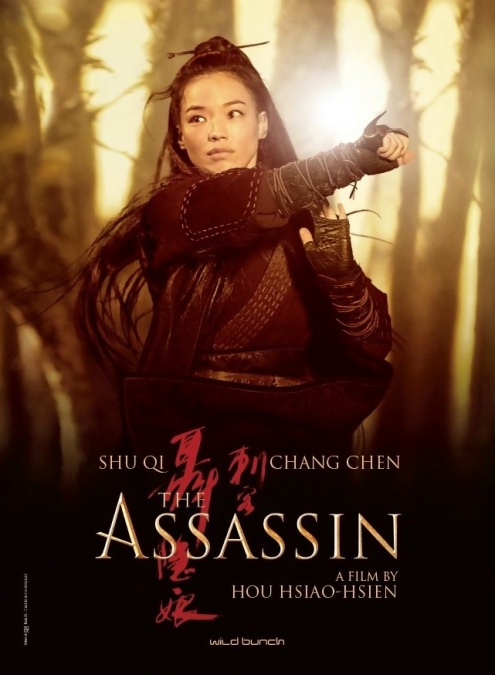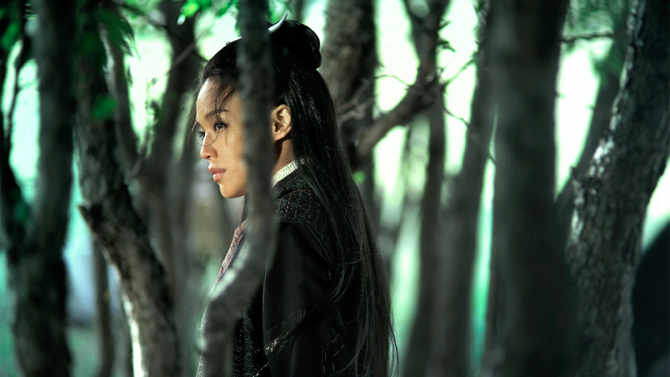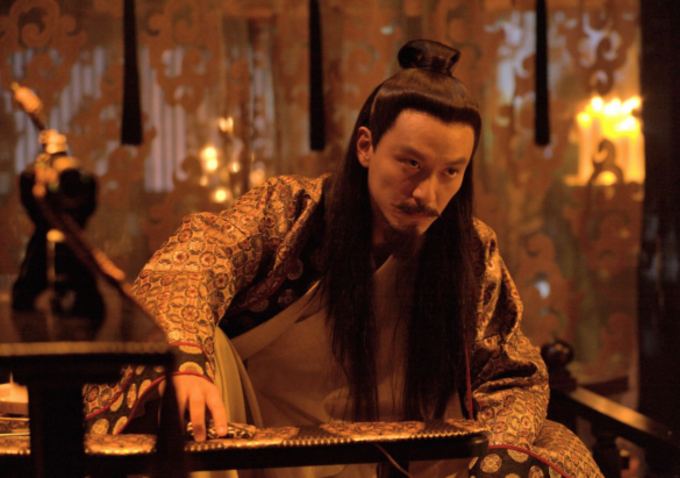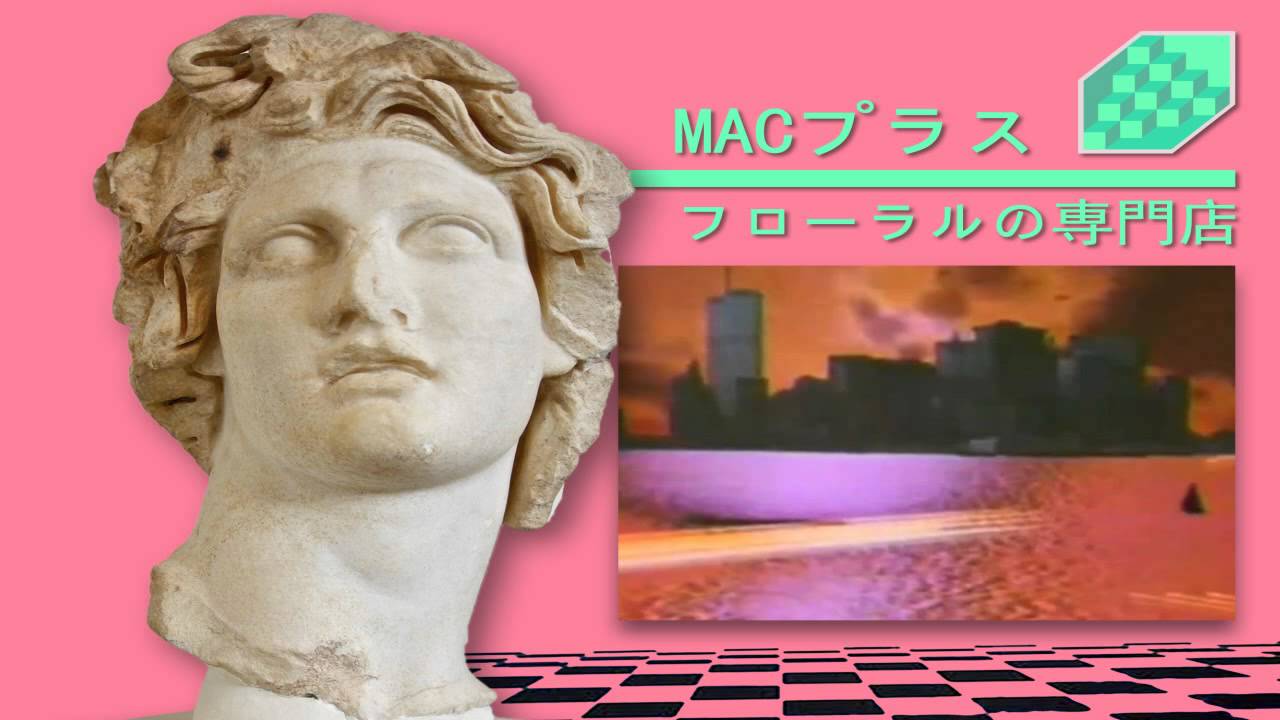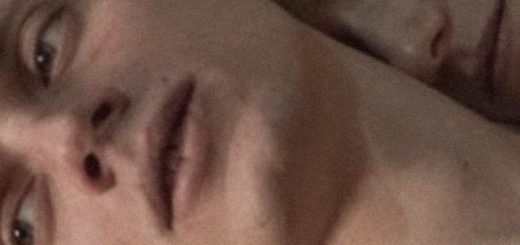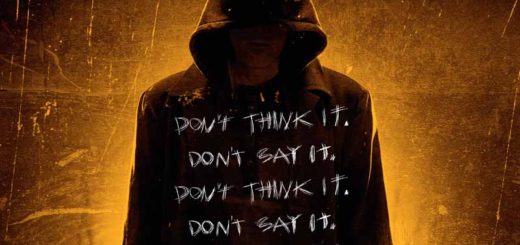THE ASSASSIN Review
Director: Hou Hsiao-Hsien
Genre: Wuxia Action Film
Release: 2015
Hou Hsiao-hsien is one of the most influential directors working in cinema today. While much of his filmography consists of art-house films (for lack of a better generic descriptor) featuring long static takes and unconventionally structured narratives, he got his start making commercial films in Taiwan in the early 1980s. The long take method that Hou employed early in his career was initially a tactic to make inexperienced actors feel more comfortable. By putting the camera in a position far away from his actors, Hou allowed them to feel less self-conscious. When Hou started making elliptical films in 1983 with THE BOYS FROM FENGKUEI, he started using master shots as part of a broader aesthetic plan intended to provide a realistic sense of environment and give nonprofessional actors the freedom to perform in natural and surprising ways. From 1983-1987, Hou made partially autobiographical films about adolescent life in post World War II Taiwan that are highly attuned to the interior lives of the characters in how they convey experience as it flows into memory. Starting in 1989, Hou began to address Taiwanese historical currents, but each of Hou’s historical films grounded these broader topics in personal contexts – for example, showing how Chinese Civil War affected a family in CITY OF SADNESS and documenting the act of processing one’s own personal history in THE PUPPETMASTER.
Waiting for SWISH like…
As in many Hou films, there are many lovely and eccentric details that stay in the mind following THE ASSASSIN: the perplexing, almost comic way that Nie Yinniang (Shu Qi) hovers around the narrative, unable to commit to killing Tian J’ian (Chen Chang), the leader of a region of China considering secession from the empire; the way Tian J’ian plays with his young son; the temper tantrums that the he petulantly succumbs to when faced with dangers and decisions; the rituals that go into drawing a bath and preparing for a ceremony in 9th century China. Despite Hou’s usual knack for detail, the demands of a larger scale historical narrative feel ill-suited to Hou’s talent for intimate observation of people as they process their circumstances. Hou has never been one to give much in terms of narrative or character background, but it’s disappointing to see him introduce two intriguing character threads only to aimlessly circle around them. While some might argue that Hou purposefully obfuscates his character’s psychologies and refuses to follow conventional plot paths, there comes a point where some degree of context for behavior is needed to conduct any meaningful examination of the characters.
When she says she’d pick Trump over Kanye
Divorced from his usual filtering of history and milieu through the experiences of a central character, Hou occasionally indulges in a detached impressionistic style that strays from his realist roots. Nowhere is this more evident than the scene in which Tian J’ian realizes that the assassin who has been sent to kill him is Nie Yinniang, his cousin who was once arranged to marry him. The camera settles on a slightly high angle long shot of Tian J’ian and his wife seated on the floor as they agonize over how to respond to the threat. Rather than providing a lucid depiction of them reflecting on the situation, Hou goes all-in on impressionist tricks, foregrounding the candles near the camera which are abstracted into flowing orbs, and having translucent curtains sway back and forth against the camera. This need to flood the frame with impressionist touches goes against the unfussy visual approach that has characterized much of Hou’s work, which has generally focused more on people than visual effects. Hou cuts from the aforementioned curtain-filled shot to a shot of Yinniang looking on at the spouses, indicating that the previous shot was a POV from her perspective. While the shot’s subjectivity might justify the curtain-filled hazy look for some viewers, the approach took me out of the film without a particular aesthetic logic for the jarring shift in style. THE ASSASSIN is indeed a gorgeous film that should be seen in the theater if you have the luxury, but it more or less coasts on its aesthetics without much attention to the specifics of its milieu.
Like a certain subgenre I can think of…
Certain reviews claim that the psychological opacity and impressionism Hou employs are artistic tactics used to convey the distance of history. The problem with this assertion is that there is no tension between Hou attempting to express some sense of interiority and ultimately finding the characters mysterious. Throughout the film, the tone remains relatively constant, with the characters remaining distant and Hou coming across as unwilling to play with the audience’s understanding of them. Despite the film’s opaque character motivation, the “distance of history” argument just seems like an excuse for Hou to not fully engage with his subject matter. Most of the pleasures that come from THE ASSASSIN involve Hou’s composition and cutting style, in which the connections between shots aren’t immediately clear, but start to emerge through successive shots. This playful editing sense is apparent in Hou’s fight scenes, one of which begins in media res with a man flying backward into a wooden structure and another which wrests its audience from the fight to show a man near a waterfall whom we later learn is soon to join the fight. THE ASSASSIN is worth a watch, but the viewer shouldn’t expect pleasures other than the surface-level variety.
Verdict: Recommend

